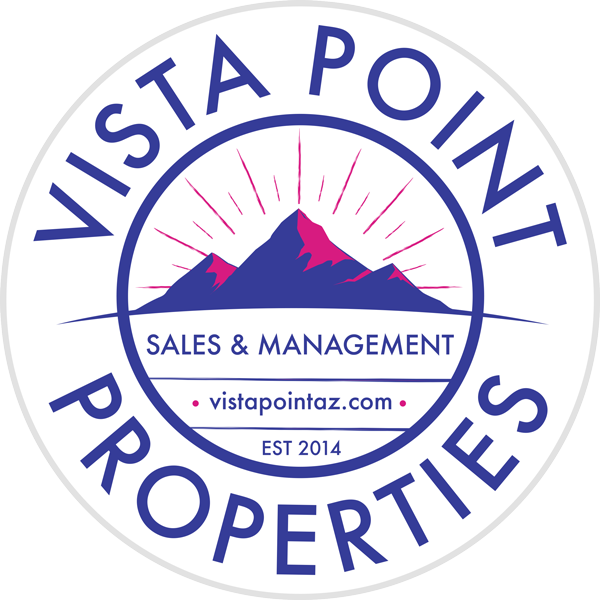
Who is my Property Manager? This seems like a simple question! However, when you live in a Homeowners Association it is not that simple.
Living in a neighborhood with a Homeowners Association comes with the responsibility to understand and comply with the Covenants, Conditions and Restrictions (CC&R’S) and Rules and Regulations for the community. This applies to the owner occupant, as well as an owner leasing their property to another. If the tenant in that property does not abide by the rules, ultimately the owner is responsible.
Many Homeowner’s Associations will hire a Management Company to take care of the day to day operations of the community, including enforcing the CC&R’s, the rules and regulations by performing site tours. These managers are referred to as Community Managers, HOA Managers and Sometimes Property Managers. Many times, a tenant who lives in an Association will confuse the HOA property Manager with the Real Estate Property Manager that is hired by the owner to take care of their individual property. An HOA property manager is not responsible for collecting rent, taking care of repairs in the home (usually), nor advising tenants of their responsibility in their lease agreement. It is the owner or their Real Estate Property Manager’s responsibility to supply the tenant with all pertinent information including CC&R’s, rules and regulations that they will be subject to by living in that neighborhood.
Real Estate Property Manager:
• Hired by an individual owner to Manage their rental property.
• Find and qualify potential tenants for their rental property.
• Prepare Lease, provide Governing Documents to tenant.
• Collect rent and deposits.
• Communicate with HOA Manager if a noncompliance issue occurs.
• Arrange repairs and maintenance for owner’s rental.
• Provide owners financial statements for their rental.
• Comply with Governing Documents in regards to number of pets, lease term, sign restrictions.
HOA Manager:
• Hired by the Board of Directors to manage the Association.
• Prepares financial statements, budgets, meeting notices.
• Arranges care and maintenance of the common areas.
• Enforces the Governing Documents (CC&R’s etc.)
• Site visits to identify noncompliance issues.
• Sends out violation letters.
• Attends Board Meetings.
• Communicates with Homeowners and Board Members.
• Investigates complaints.
• Keeps the Board of Directors informed of changes in State Statutes that govern Homeowners Associations.
If you are a tenant, and are having an issue with the rental property you are living in you need to contact the Real Estate Property Manager, Not the HOA manager. Make sure before you rent any home you ask the person showing you if it is located in an Homeowners Association. If it is, request a copy of the Governing Documents before you sign a lease agreement. This way you have the opportunity to review what you will be subject to as an occupant of the property, and if agreeable sign the lease. If you object, the best course of action would be to keep looking for a property that fits you better.
